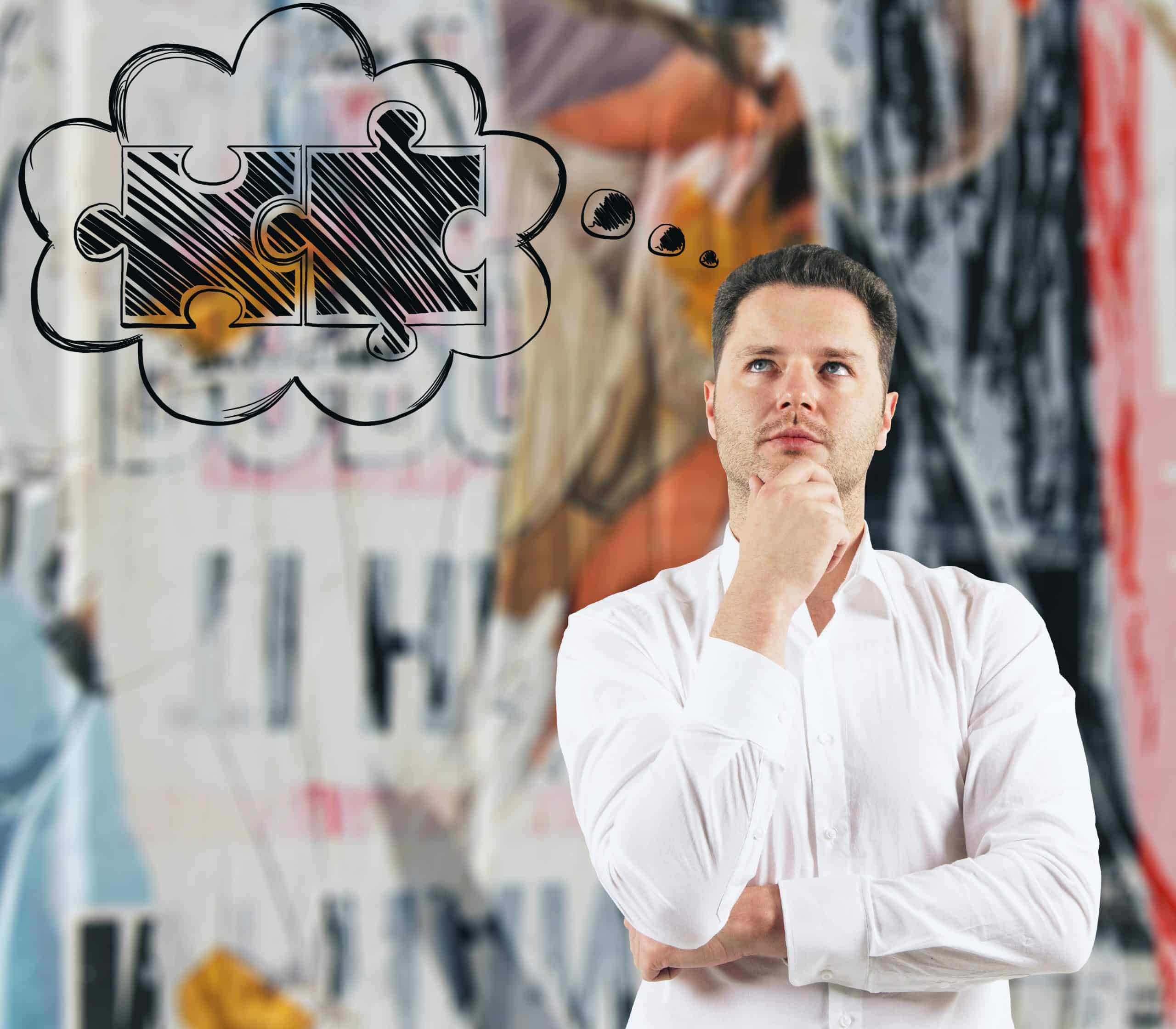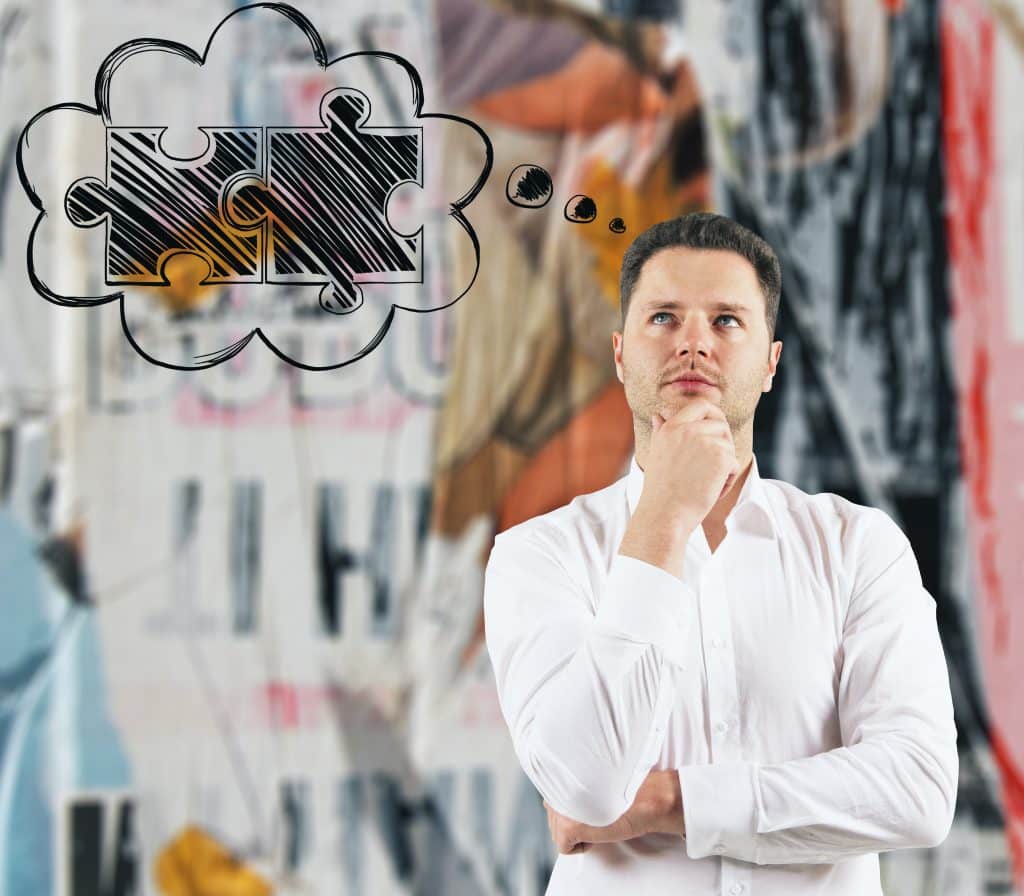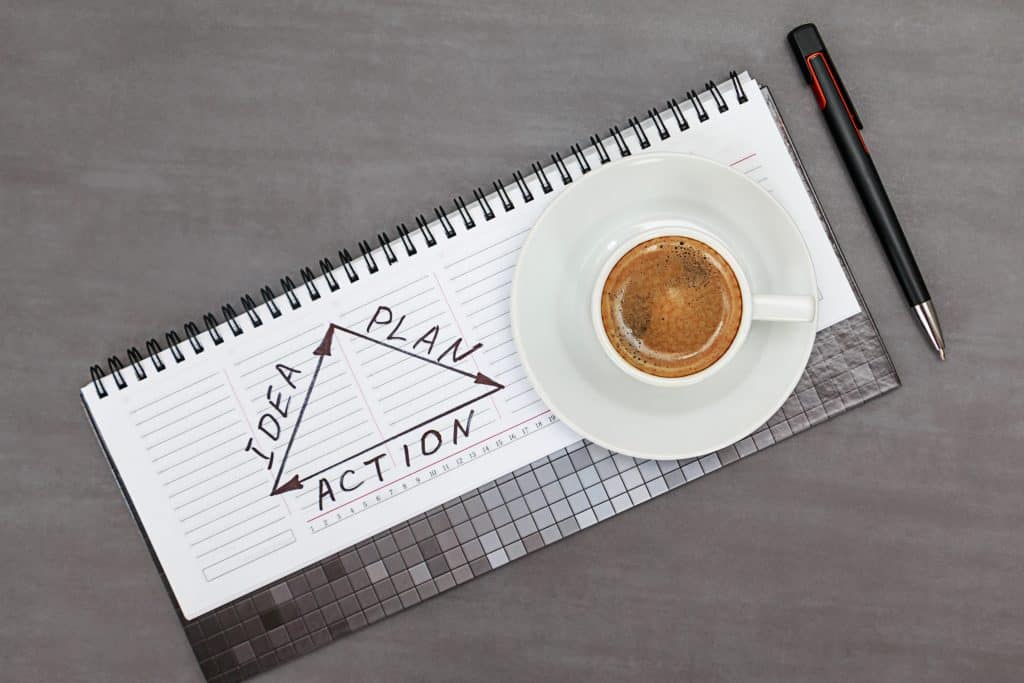You’re Still Broke: 8 Bad Money Habits You Need to Stop

It’s Not Just About How Much You Make, It is About Your Habits

If you’ve ever wondered “Where did my money go?” before the month even ends, you’re not alone. Many people believe that earning more will solve their financial struggles—but the truth is, even high-income individuals can live paycheck to paycheck.
Why? Because it’s not just about income—it’s about habits. Daily financial behaviors, often unconscious, can trap you in a cycle of stress, debt, and stagnation. The good news is: habits can be changed.
In this guide, we’ll explore the most common money habits that keep people broke, and offer simple, practical steps to break free and build lasting financial health.
❌ 1. Spending Before Saving
💥 Why This Habit Keeps You Broke
Saving last is a reflection of a broader mindset—and a flawed one. It means you’re prioritizing lifestyle over long-term security. You’re giving current comfort and wants more weight than your future peace of mind.
Relying on this habit leads to:
-
Lack of financial cushion for emergencies
-
Increased dependence on credit cards or loans
-
Chronic stress due to financial instability
-
Delayed goals like buying a home, starting a business, or traveling
Over time, this cycle builds frustration. You feel like you’re working hard, but never really getting ahead. The truth is: the problem isn’t how much you make—it’s the habits that shape how you use it.
✅ What to Do Instead: Adopt the “Pay Yourself First” Habits
It’s time to flip the script. Instead of saving what’s left, make saving the first thing you do—before paying bills, buying groceries, or shopping online.
This principle is at the core of the Pay Yourself First method, one of the most powerful personal finance habits used by successful savers and investors around the world.
Here’s how to build it into your routine:
-
As soon as your salary or payment hits your account, automatically transfer 5% to 10% into a savings or investment account.
-
Use apps like Nubank, Banco Inter, or Mobills, which allow you to create automated transfers and label savings goals like “emergency fund” or “vacation.”
-
Treat saving as a non-negotiable bill—just like rent or electricity.
Even small amounts add up. Saving R$150 per month means R$1,800 in a year. Add interest or investment returns, and that habit becomes wealth-building.
🧠 Build the Habit with Minimal Effort

Habits don’t need to be dramatic to be effective. The secret is consistency over intensity.
Start small:
-
Transfer R$5 per day
-
Round up transactions and stash the difference
-
Save every time you get paid, even if it’s a small side gig
The key is to make saving feel automatic, easy, and consistent. The more frictionless the habit, the more likely it becomes part of your identity as someone who pays themselves first.
❌ 2. One of the Most Dangerous Financial Habits: Relying on Credit Cards for Everyday Expenses
Using a credit card to pay for gas, groceries, takeout, subscriptions, or even coffee has become a normalized habit in modern life. It’s fast, convenient, and rewards-based—but also one of the most misleading money habits keeping millions in quiet financial distress.
🔍 Why This Habit Keeps You Broke
When you rely on your credit card for daily spending, you’re not just shifting your payment to later—you’re shifting your accountability. It removes the emotional friction that typically comes with spending real money.
Here’s why this habit can be financially destructive:
-
You’re not spending your money—you’re borrowing future income, often at high interest rates.
-
You lose track of your real-time cash flow because your balance doesn’t decrease immediately.
-
Small purchases accumulate silently, and when the bill arrives, it’s larger than expected.
If you carry a balance (i.e., don’t pay in full), interest compounds rapidly, making purchases much more expensive than they appear.
A R$100 dinner on a card with 12% monthly interest becomes R$112 in just one month—and worse if unpaid longer.
🧠 The Psychology Behind the Habit

One of the reasons this is such a dangerous habit is because of how invisible it feels. Studies in behavioral economics have shown that people spend up to 83% more when using credit cards versus cash because they don’t experience the same “pain of paying.”
In other words, this habit isn’t just about access to funds—it’s about how your brain processes the transaction. Using credit disconnects you from the emotional awareness of spending. Over time, that leads to reckless consumption and disconnection from your budget.
🧰 How to Break This Habit (and Replace It with Better Ones)
Financially successful people don’t avoid credit cards entirely—they use them strategically. The key is to shift from unconscious, everyday use to intentional, goal-based use.
Here’s how to rewire this habit into a healthier one:
✅ 1. Switch to Cash or Debit for Daily Spending
-
Use a prepaid card, digital wallet (like PicPay or Mercado Pago), or plain debit card.
-
Feeling the direct impact of each purchase helps reestablish financial awareness.
✅ 2. Set a Daily Spending Cap
-
Define how much you can spend per day on non-essentials (e.g., R$50).
-
Track it manually or with apps that alert you when you approach your limit.
✅ 3. Use Credit Only for Pre-Planned, Budgeted Purchases
-
Use your credit card for recurring expenses you already have cash for (like streaming services).
-
Pay the full balance before the due date to avoid interest.
-
Set an alert two days before the payment is due—never pay late.
✅ 4. Track Credit Usage with Finance Apps
-
Mobills, Organizze, and YNAB (You Need a Budget) allow you to:
-
Categorize credit card transactions
-
Track spending by category
-
Monitor total card balance and due dates
-
Set credit limits by purpose (travel, online shopping, etc.)
-
🧱 Build Better Spending Habits—One Swipe at a Time
Replacing this habit doesn’t mean avoiding credit forever. It means developing intentional, self-aware behavior around spending.
| Bad Habit | Better Habit |
|---|---|
| Swiping for daily expenses | Use cash or debit for day-to-day items |
| Paying minimum balance | Pay full statement balance every month |
| Treating credit as income | Treat credit as a temporary tool, not cash |
| Blind swiping | Track and categorize every credit transaction |
With consistent practice, this new behavior becomes a long-term habit. One that puts you back in control.
3. Living Without a Budget
If you don’t tell your money where to go, it disappears.
Why it keeps you broke:
No budget = no control = constant surprise expenses = stress and debt.
🛠 Tools to try:
-
YNAB (You Need A Budget) – Ideal for zero-based budgeting.
-
Guiabolso – Connects directly to your bank and categorizes expenses automatically.
-
Google Sheets or Excel – Simple and effective if you prefer spreadsheet
Takeout and delivery apps, streaming subscriptions, impulse shopping, transportation, and daily coffee runs may feel insignificant on their own. But when repeated over weeks and months, these habits quietly add up and eat away at your ability to save, invest, or build an emergency fund.
💸 Why These Habits Keep You Broke

Living without a budgeting habit means your money has no direction. Small, recurring expenses pile up, and because they feel minor, they often go unnoticed until the end of the month—when the damage is already done. This leads to:
-
Untracked spending that slips through the cracks
-
Zero accountability for where your money actually goes
-
Constant money anxiety when bills are due
-
Difficulty reaching goals, whether short-term (like a trip) or long-term (like retirement savings)
The truth is simple: if you don’t tell your money where to go, it will disappear—guided by habits you didn’t even realize you had.
✅ How to Build Better Habits Around Money
Instead of letting these small expenses control you, replace thoughtless spending with mindful financial habits:
-
Track every expense for at least 7 days to see the patterns.
-
Audit subscriptions monthly and cut what you don’t use.
-
Create a “fun budget” with a weekly spending cap to enjoy treats without guilt.
When you shift from unconscious habits to intentional ones, you take back control of your finances.
🔢 The 50/30/20 Rule
A great starter strategy for those new to budgeting:
-
50% Needs: Rent, utilities, groceries, transportation
-
30% Wants: Dining out, shopping, entertainment
-
20% Savings/Debt: Emergency fund, retirement, paying off debt
This budgeting habit creates healthy boundaries between survival, enjoyment, and responsibility.
Zero-Based Budgeting is a powerful financial habit that helps you assign every dollar a purpose. Instead of letting money sit idle or disappear through untracked spending, this method turns budgeting into an intentional habit of control. You plan your income down to zero by allocating exact amounts for needs, wants, savings, and debt repayment.
This budgeting habit reinforces discipline, ensures you live within your means, and creates long-term awareness of where your money truly goes. By practicing this habit consistently, you’re not just budgeting—you’re transforming how you relate to money every single month.
✉️ The Envelope Method (Physical or Digital)

A visual budgeting habit where you assign physical or digital “envelopes” for spending categories:
-
R$400 for groceries
-
R$200 for eating out
-
R$100 for clothing
Once an envelope is empty, no more spending in that category until the next cycle.
Apps like Grana or Mobills offer digital versions of this system, turning your phone into a real-time envelope wallet.
Building strong money habits starts with consistency and simplicity. To develop a sustainable budgeting habit, begin by tracking all your expenses for 7 days—this creates financial awareness. Next, choose a budgeting method that fits your style, not someone else’s. Set a specific goal, like saving R$500 in 3 months, to give your habit clear purpose. Finally, review your budget weekly to reinforce discipline and celebrate small wins.
Even just 10 minutes a week is enough to turn budgeting into one of the most powerful financial habits you can develop for long-term success.
🚫 Excuses That Keep You From Budgeting (And How to Beat Them)
| Excuse | Truth |
|---|---|
| “I don’t earn enough to budget.” | Budgeting works at any income level. In fact, lower income makes it even more essential. |
| “I don’t have time.” | It takes less than 10 minutes per week to stay on top. |
| “Budgets are too restrictive.” | A budget gives you permission to spend—intentionally. |
| “I always fail at it.” | That’s just proof you’re human. Try a new system, not perfection. |
Transforming budgeting into one of your core habits can shift your entire financial reality. Rather than viewing it as a restriction, see it as a tool for freedom, clarity, and peace of mind. When practiced consistently, this habit empowers you to sleep better, reduce financial anxiety, plan for meaningful goals, and embrace opportunities without guilt.
The most powerful habits are built not on spreadsheets, but on intention. Budgeting becomes life-changing when it’s tied to your values, not just your expenses. As Dave Ramsey says: “A budget is telling your money where to go instead of wondering where it went.”
-
❌ 4. Emotional Spending & Impulse Buying: The Habit That Feels Good (but Costs You Big)
Emotional spending isn’t just about buying things—it’s about trying to buy feelings. Whether you’re stressed after work, bored at home, or influenced by the latest Instagram ad, the urge to spend often comes from emotional triggers, not real needs. Over time, this becomes one of the most dangerous financial habits because it’s invisible, impulsive, and deeply emotional.
🔄 Breaking the Habit: How to Regain Control Over Emotional Spending
The good news? Emotional spending isn’t permanent. Like any learned behavior, it can be unlearned. By developing new, healthier habits, you can respond to your emotions without hurting your bank account.
Here’s how to start:
✅ Practice the 24-Hour or 7-Day Rule
Before making any non-essential purchase, commit to waiting:
-
24 hours for items under $100
-
7 days for items over $100
This gives your emotional brain time to cool down and lets your logical brain take over. This habit builds mindful decision-making, helping you distinguish between genuine needs and fleeting wants
📲 Use Apps to Track the Habit and Build Awareness
Many people don’t even realize how much they’re spending emotionally until they see the numbers. That’s why habit tracking is so powerful—it creates awareness.
Use apps like:
-
Mobills or YNAB to tag emotional or unplanned purchases
-
Spendee to set limits per category (like shopping or takeout)
-
Daylio or Moodnotes to track emotional patterns and spending triggers
Once you visualize the habit, it’s easier to take control of it.
-
❌ 5. Ignoring “Small” Expenses: The Quiet Habit That Sabotages Your Finances
It’s easy to dismiss minor purchases as “no big deal.” A $7 coffee, a few extra Uber rides, an unused streaming subscription, or that quick late-night delivery—it all feels harmless in isolation. But this habit of overlooking small daily expenses is one of the most financially destructive ones.
Why? Because money leaks don’t happen all at once—they happen quietly, in patterns, in unnoticed habits that become routine.
💸 Why This Habit Keeps You Broke
When you ignore small transactions, you develop the habit of disconnection—losing awareness of where your money goes. These little indulgences become part of your daily routine, and over time, they add up to a serious financial drain.
Consider this:
-
$7 coffee x 5 days a week = $140/month = $1,680/year
-
$20/month unused app subscription = $240/year
-
$10/week extra food delivery fee = $520/year
Individually, they seem insignificant. Combined, these small money habits could be costing you thousands every year—without you realizing it.
As Benjamin Franklin wisely said:
“Beware of little expenses. A small leak will sink a great ship.”
🧠 Build a “Fun Budget” with a Cap
Instead of cutting out small indulgences entirely, budget for them consciously. Create a category in your budget like “fun money,” “treats,” or “spontaneous joy,” with a fixed weekly or monthly limit.
For example:
-
$30/week max on coffee, snacks, and small pleasures
-
Once it’s gone, no more spending in that category until next week
This habit turns spontaneous spending into intentional enjoyment, without guilt or financial regret.
❌ 6. Avoiding Your Bank Account

Out of sight, out of mind… and out of control. Many people avoid checking their account because they’re afraid of what they’ll see.
Why it keeps you broke:
Avoidance leads to missed bills, overdraft fees, and anxiety. It also means you have no control.
How to build awareness:
-
Check your bank balance every morning as part of your routine.
-
Set low-balance alerts on your account.
-
Use dashboards (via apps like Guiabolso) that summarize your finances visually.
❌ 7. Having No Emergency Fund
Life is unpredictable. Without savings, every unexpected event becomes a crisis—from car repairs to health issues to job loss.
Why it keeps you broke:
You end up relying on loans or credit, accumulating debt you weren’t prepared for.
Start small:
-
Aim for R$500 or R$1,000 as your first milestone.
-
Use tools like Nubank’s “Money Boxes” or Banco Inter’s Goals to separate and grow your emergency fund gradually.
❌ 8. Not Planning for Big Purchases: The Habit That Turns Predictable Costs Into Financial Surprises
Some expenses feel like surprises—but they’re not. Birthdays, holidays, annual insurance premiums, school supplies, and even vacations all happen like clockwork. So why do they still catch so many people off guard?
Because the real issue isn’t the expense itself—it’s the habit of not preparing for it..
💡 How to Fix It: Build Healthy Planning Habits
The solution isn’t complicated, but it requires a mindset shift—and a new set of money habits that make preparation automatic.
✅ Use Sinking Funds
A sinking fund is a savings habit where you break a large future cost into small monthly contributions.
For example:
-
🎄 Christmas budget: R$1,200 ÷ 12 = R$100/month
-
🏖️ Vacation: R$3,000 ÷ 10 months = R$300/month
-
📚 School supplies: R$600 ÷ 6 months = R$100/month
This habit makes big purchases feel small and manageable, because you’ve already prepared for them in bite-sized chunks.
📊 Bonus: Quick Habit Swap Table
| Old Habit | New Habit |
|---|---|
| Spend first, save later | Save first, then spend |
| Use credit for daily purchases | Use debit or cash for routine items |
| Ignore bank account | Check balance daily |
| Buy to feel better | Pause and reflect before spending |
| “Wing it” with expenses | Use a budgeting app |
| No emergency fund | Start with R$10/week |
| Try to impress others | Focus on personal goals |
🎯 Final Thoughts: Your Financial Transformation Starts with Awareness
Bad money habits aren’t about being “bad with money.” They’re usually the result of lack of tools, clarity, or emotional triggers that go unnoticed.
The first step to getting out of a financial rut is noticing what’s keeping you in it.





